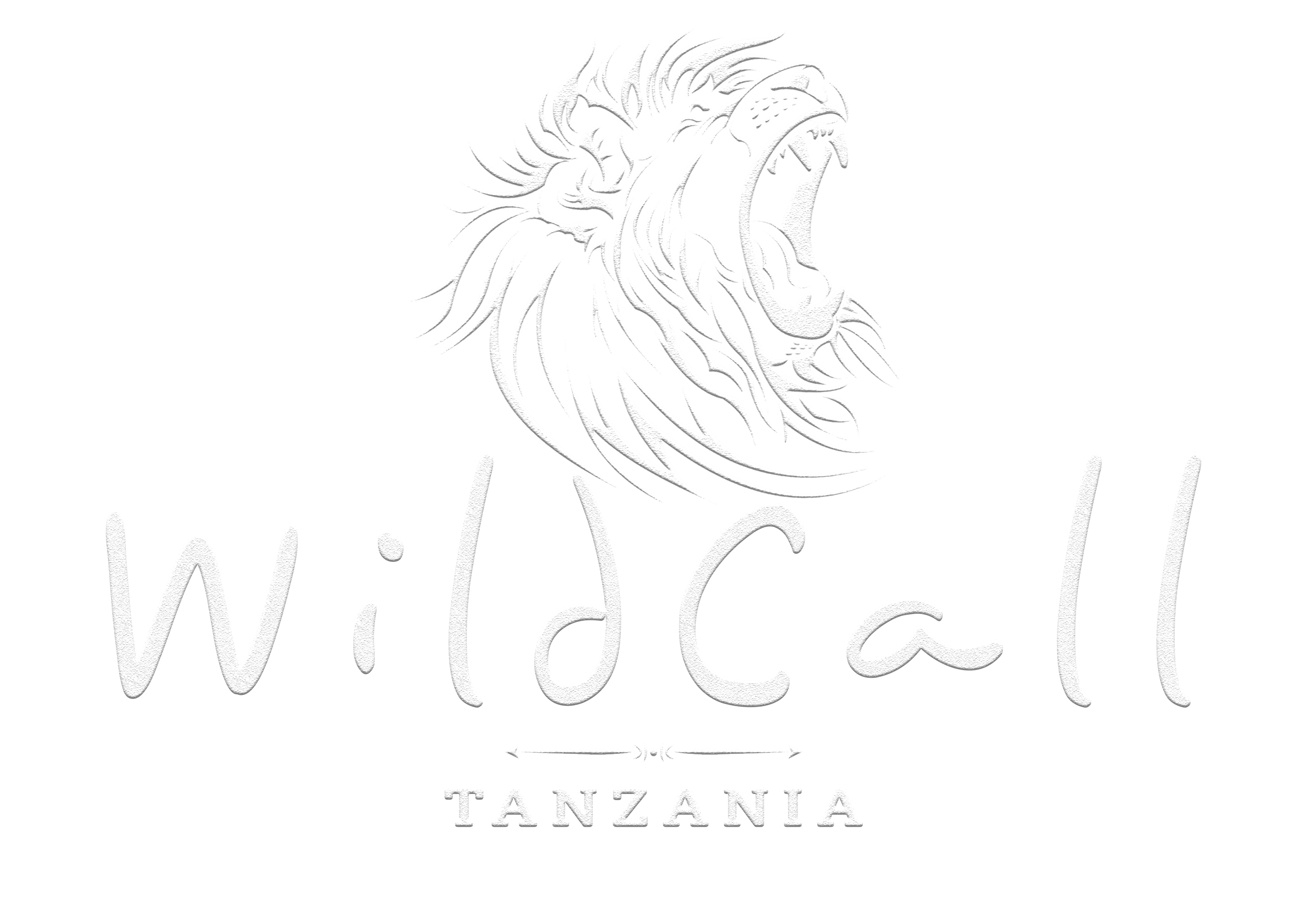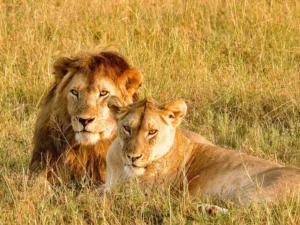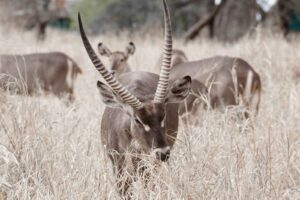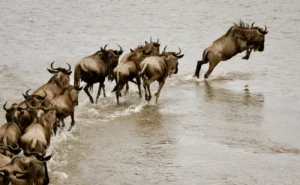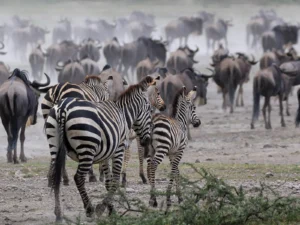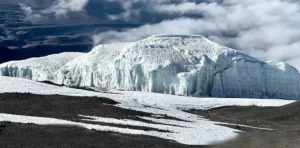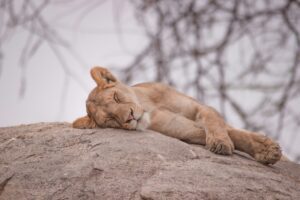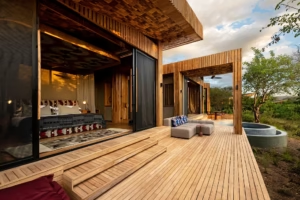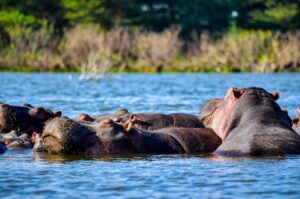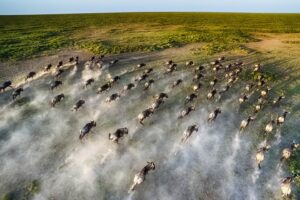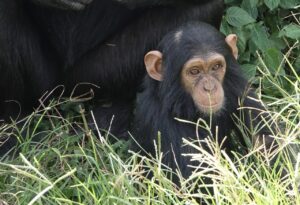African Safari Adventures
If you are dreaming of an unforgettable experience, African Safari Adventures offer the perfect way to connect with nature and wildlife. With 10,663 incredible tours to choose from, your dream safari is just a decision away.
These African Safari Tours are arranged through top-rated tour operators who are experts at designing real adventures into the wild. From the wide expanses of the savannahs and deep jungles, you are promised an adventure that goes beyond the norm.
Every tour is more than a viewing spree—African Safari Adventures focus on educating travelers regarding conservation activities and native cultures. This mix of exploration and learning generates value in each tour.
Whether you’re a budgeteer, thrill-seeker, foodie, honeymooner, family person, photographer, birder, mountain-goer, beach-lounger, spa-lover, adventure-junker, or adventurer, there’s something for everyone. Families, couples, and solo travelers.
If the wild beckons you, then the current moment stands ideal for discovering the wonders of African Safari Adventures. Plan now and create memories for yourself that shall last an eternity.
1. Why You Should Take an African Safari
African Safari Adventure provides the ultimate platform for viewing varied wildlife in their native habitats. Among all, the finest African Safari Adventure is the Great Migration in the Serengeti, in which thousands of wildebeest and zebras migrate through large open plains.
The continent boasts distinctive ecosystems, ranging from wide savannahs to verdant rainforest, and African Safari Adventures is a heaven for nature enthusiasts. African Safari Adventures offer unmatched prospects for photographers to get incredible photos of sceneries and animals.
Among the attractions at African Safari Adventure are immersion in vibrant local cultures. Guests become more in tune with Africa’s heritage with experiences among African tribes.
Guided tours are an integral component of most African Safari Adventures, which are conducted by expert guides who share useful information about the wildlife and surroundings. This extends the experience and feel in contact with the nature.
Comfort is not overlooked during African Safari Adventures, as luxurious lodges and camps offer breathtaking views and memorable stays. This combination of adventure and comfort makes these safaris truly unforgettable.
Our clients are the single adventurer, the couple, and the entire family. We cater to a range in our tour offerings such that we have an adventure for each budget and each interest.
Several African Safari Excursions offer specialties such as walking safaris, boat trips, and night game drives, which create a thrill in the midst of the classical game viewing.
Conservation training is also one component of the majority of African Safari Adventures, assisting travelers in learning and helping protect Africa’s natural riches.
Whether you are after wildlife experiences, cultural experiences, or photo-taking experiences, African Safari Adventures provide an experience you’ll never forget.
Boasting thousands of possibilities, your African Safari Adventures lets you spend unforgettable times in some of the globe’s most beautiful natural landscapes.
In addition, the safaris involve conservation experiences, which are meant to inform the visitors about the significance of wildlife conservation. The experience of viewing the Big Five—lion, leopard, elephant, rhino, and buffalo—is exhilarating. With the nation’s reserves and parks distributed all over the continent, every safari experience translates into something distinct.
2. Best African Countries for a Safari
Africa offers an enriched African Safari Adventure experience with unique landscapes and animals at each location. Kenya tops the African Safari Adventures because it’s famous for the Maasai Mara and the remarkable annual wildebeest migration.
Tanzania also stands out in African Safari Adventures, with the Serengeti National Park and the Ngorongoro Crater offering plentiful wildlife experiences. Africa’s Kruger National Park in South Africa stands out in African Safari Adventures due to the variety in its animal population.
Botswana is unique in the realm of African Safari Adventures with the Okavango Delta’s watery channels and the game-abundant Chobe National Park. Namibia presents unique African Safari Adventures with its desert territories and the famous Etosha National Park.
Zimbabwe attracts travelers with African Safari Adventures with Hwange National Park and the majestic Victoria Falls. Zambia is ideal for walking safaris and also a central focus in African Safari Adventures, specifically in the South Luangwa National Park.
For the primate enthusiasts, Uganda offers amazing African Safari Tours with mountain gorilla tracking in Bwindi Impenetrable Forest. Rwanda also offers unforgettable African Safari Tours with gorilla tracking in Volcanoes National Park.
Every nation offers a distinct taste of African Safari Adventures so every visitor can experience an unforgettable adventure personalized for their interest. From open plains and tropical jungles, African Safari Adventures embrace the whole range of the continent’s diversity.
Whether you’re after big game, unusual species, or cultural experiences, African Safari Adventures provide memories that can be treasured for a lifetime.
| Country | Highlight |
|---|---|
| Kenya | Maasai Mara and the yearly migration of wildebeest |
| Tanzania | Serengeti and Ngorongoro Crater, rich in wildlife |
| South Africa | Versatile parks such as Kruger National Park |
| Botswana | Okavango Delta and Chobe National Park |
| Namibia | Desert landscapes and Etosha National Park |
| Zimbabwe | Hwange National Park and Victoria Falls |
| Zambia | Safari in South Luangwa National Park |
| Uganda | Mountain gorilla tracking in Bwindi |
| Rwanda | Gorilla tracking in Volcanoes National Park |
3. Best Time of the Year for Safari
Selecting the perfect time for an African safari simply depends on your preference. During the months from June to October, the dry spell allows for great wildlife spotting. It’s the same time when the Great Migration in Kenya and Tanzania happens, a grand spectacle in which millions of wildebeest and zebras cross the grassland.
The Okavango Delta in Botswana is perfect in the dry summer months from May through October since the animals are concentrated in the waterholes.
In South Africa, Kruger National Park is best visited from May to September, when the sparse vegetation makes wildlife spotting easier. Meanwhile, Victoria Falls is most breathtaking from February to May, following the rainy season.
The green season from November through April also has its own type of charm, with green sceneries and very few tourists. It is also a worthwhile season for birders since the migratory birds are returning. Uganda and Rwanda gorilla tracking are also optimal from June through September and December and February.
Namibia’s Kalahari Desert becomes something else completely in the rainy season, from November through April, with a distinctive mixture of flora and fauna. Never take local variations in the climate into account, since parts of the area experience different conditions.
4. Anticipated Wildlife Encounters
A safari in Africa provides an opportunity in one’s lifetime to see a variety of animals in the wild. It’s an exhilarating experience to get close and personal with nature.
Among the most highly sought after animals are the Big Five: lion, leopard, elephant, rhino, and buffalo. Seeing these noble animals is normally the pinnacle of most safari experiences.
The cheetahs, with their remarkable velocity, are often observed roaming the open grass savannahs in search of food. The giraffes, which are the highest mammals in the world, are normally observed browsing daintily from the trees.
Elephants often gather in large herds near waterholes and riverbanks, creating powerful and moving scenes. Hippos and crocodiles dominate the rivers and lakes, while zebras and wildebeest form vast, moving herds across the plains.
Other animals the safari visitors can eagerly anticipate spotting are some species of antelopes such as the impala, kudu, and gazelle, and each one brings its own panache to the experience. Even the birds are no less impressive with the eagles, vultures, and some colourful species filling the skies.
Forested areas allow the chance sighting of primates like baboons and vervet monkeys. Social animals, they create quite a different kind of thrill in the safari experience.
With a little luck, you may even catch glimpses of unusual and endangered animals like African wild dogs or black rhinos. Such experiences are all the more significant for nature enthusiasts and photographers.
A safari in Africa is more than a holiday—it’s a definitive experience into the very soul of the wild.
5. Daily Routine on the Safari
One day at African Safari Adventures can involve an early morning game drive, when the animals are most active. The fresh air, sunshine, along with fresh smells and environments, make this the perfect time for viewing and experiences in the wild with lasting effects.
After a thrilling start, you return to camp for a hearty breakfast. This is followed by some well-deserved relaxation and time to freshen up—an important part of pacing yourself during your African Safari Adventures.
Mid-morning, you are also able to participate in a guided bush walk. It’s when the smaller flora, insects, and tracking which are regularly overlooked from the truck and which add value to the African Safari Adventures experience can be observed.
Lunchtime provides a relaxed meal or picnic in the wilderness with beautiful vistas and serene surroundings. Afternoon time allows for a siesta or even a dip back at the lodge—another highlight in these in-depth African Safari Adventures.
Then, you go on another game drive. In the evening, relax with sundowner cocktails in the bush while observing the breathtaking sunset over the savannah in an experience that defines the African Safari Adventure.
6. Cost of Safari
The price for an African safari can significantly range based on the amount of luxury and accommodation that you desire.
Budget safaris begin at roughly $150 per day and offer the basic necessities for the adventure experience.
Mid-range safaris, for more convenience and comfort, can be found at $300 to $500 per day and compromise the balance between the price and the level of comfortable living.
Luxury safaris, for the indulgent experience, can be over $1,000 per day with high-class lodges and personalized activities.
The entry fees for the parks are normally in the package, but they vary with the country and the park you are in. You should also budget for other expenses like flights, visas, and travel insurance. Some safari holidays are inclusive with meals, drinks, and activities, and some are served à la carte.
Private or personalized safaris are more pricey but are offered with personalized experience based on your choice. On the other hand, group tours are less flexible but can be cheaper. You can also get discounts if you visit in the off-seasons or stay longer.
Frequently Asked Questions
1. What can be unique in African safaris from high-tier tour operators?
Reputed tour operators provide varied experiences, from customized itineraries to skilled guides well aware of the local wildlife and culture. Safe and well-planned trips with superior service are offered by them.
2. How can we identify whether a safari operator enjoys high ratings?
You can read online ratings and reviews at travel sites, search for accreditations from well-known tourism organizations, and find if they have gained any awards and recognitions in the field of travels.
3. What kind of adventures can you have along an African safari?
They can range from game drives, walking safaris, and boat safaris, up to and including cultural tours and hot air balloon rides over the savannah. Something for everybody, depending on one’s interest.
4. What is the best time for an African safari?
The ideal time generally depends on the location and the animals you desire to see. Most travelers are fond of the dry season when the animals are concentrated at the watering points, although the rainy season can offer green sceneries and fewer people.
5. How should I prepare for an African safari adventure?
Preparation includes the packing of the right clothes, obtaining the right travel documents such as visas and vaccinations, and learning the local ways and weather. It also includes packing necessities such as binoculars, cameras, and sunscreen.
Visit the African safari adventure and experience varied wildlife, beautiful landscapes, and cultural activities. Key destinations are Kenya for the Maasai Mara, Tanzania for the Serengeti, and South Africa for Kruger National Park. The ideal safari time is from June to October, the same time for the Great Migration. You can view the Big Five and other animals such as giraffes, elephants, and cheetahs. Activities for a day are game viewing, walking with a guide, and resting at the lodges. The price for the safari varies from budget to high-end, with the type of accommodation and the inclusion of amenities.
